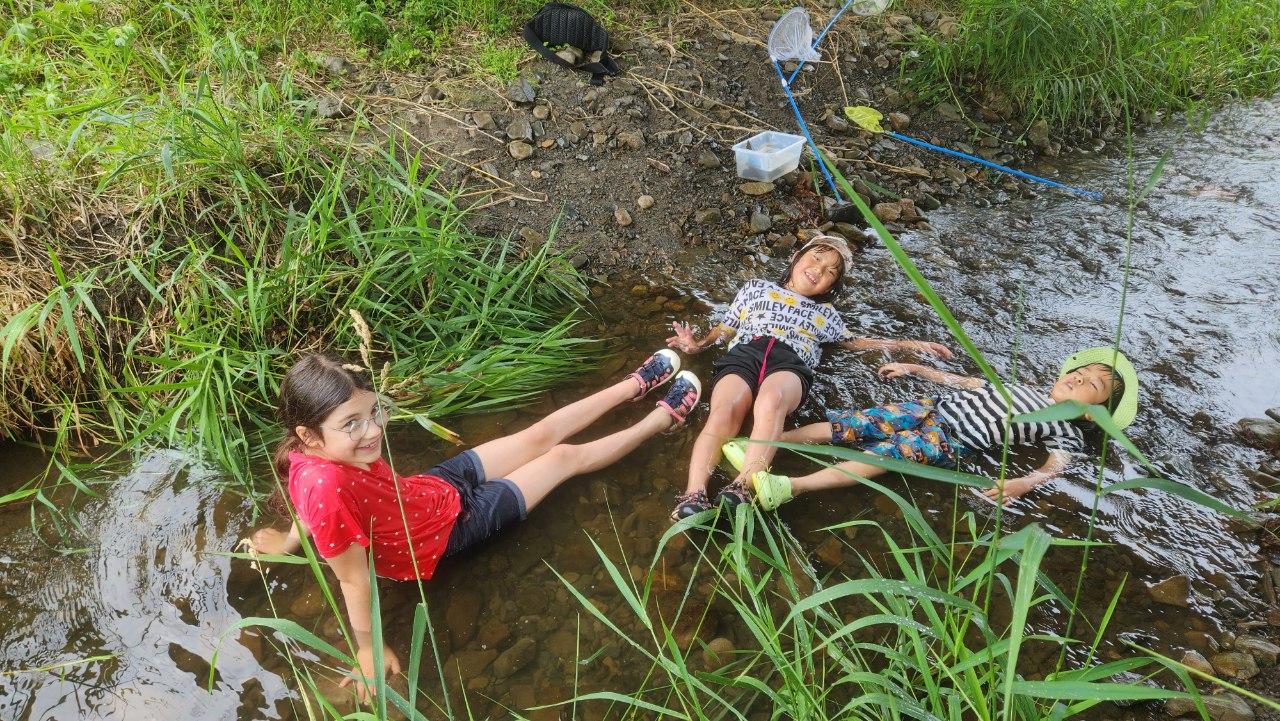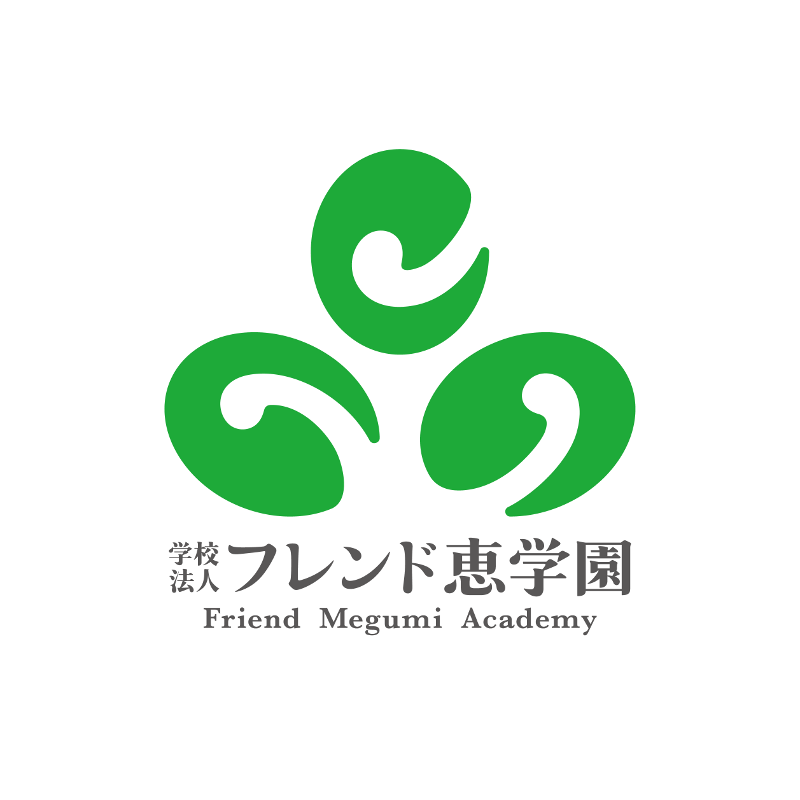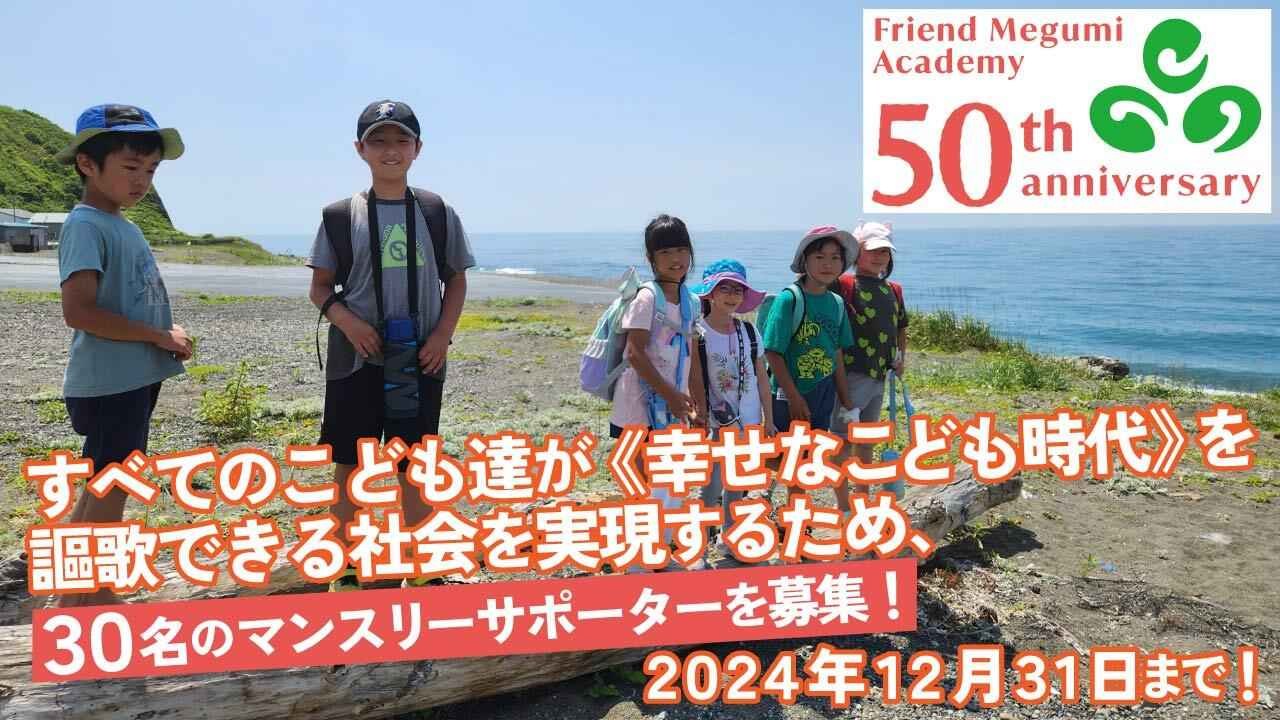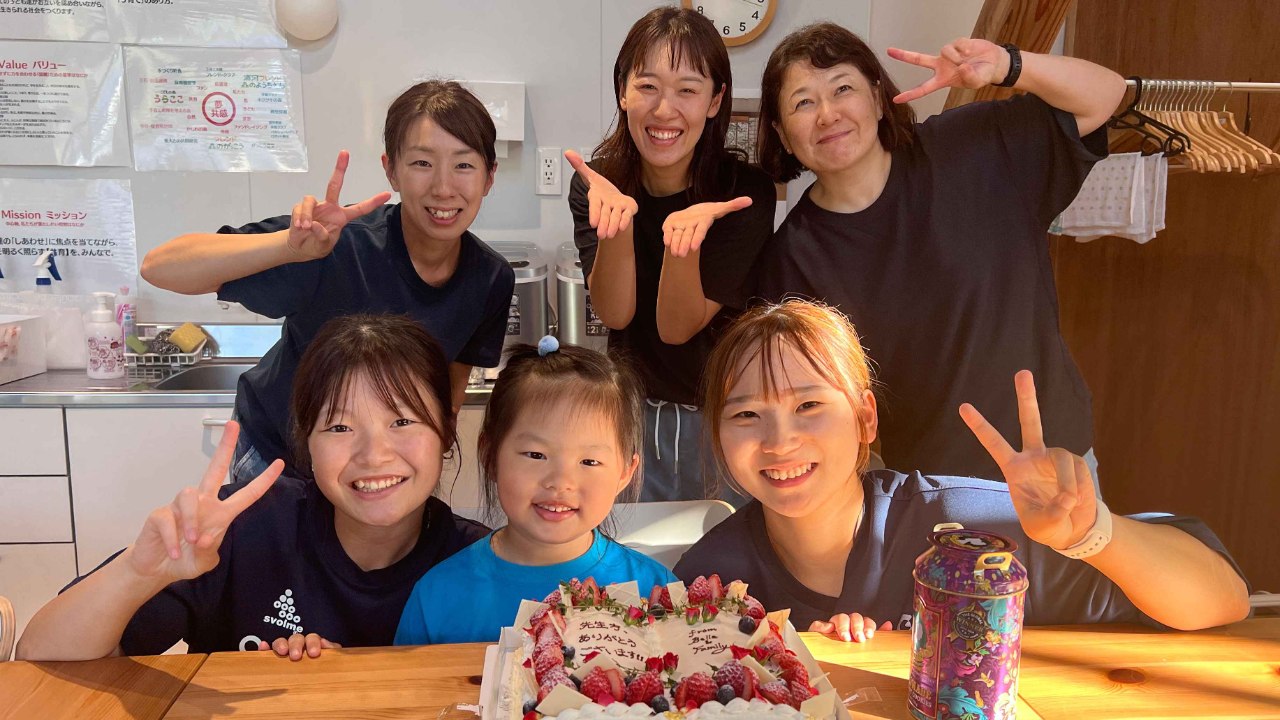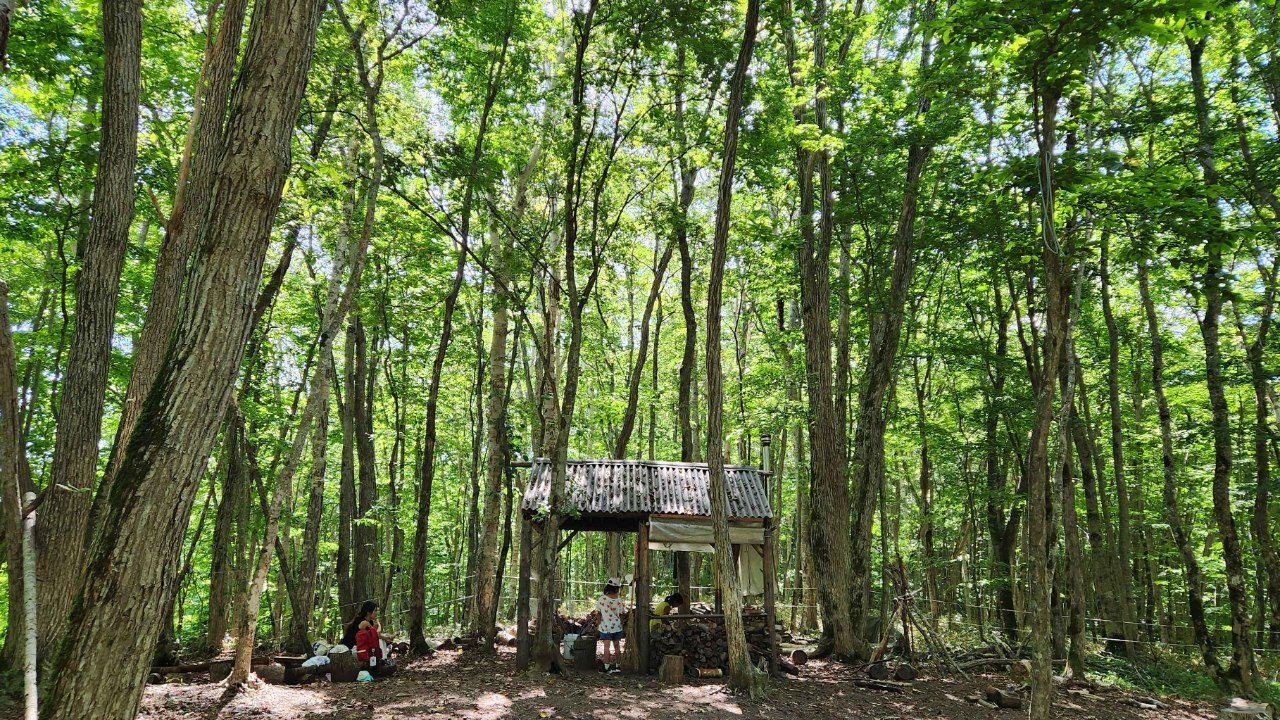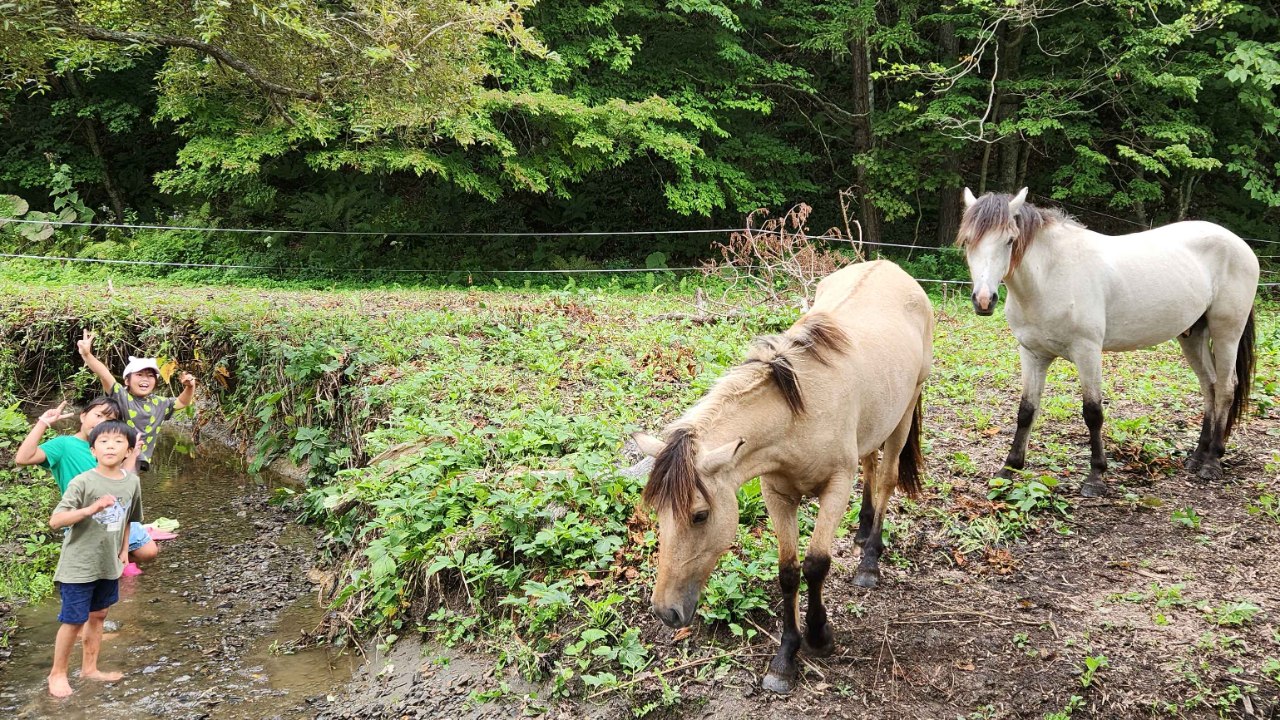
Creating a New Model from Japan, a Country of Advanced Challenges.
Japanese society faces a multitude of pressing issues, including environmental degradation, declining birthrates, an aging population, population decline, urban-rural disparities in economy and population, school absenteeism, educational inequality, and social isolation among youth. It is anticipated that countries worldwide will eventually face these same challenges. In this sense, Japan can be seen as a “country of advanced challenges,” confronting these issues ahead of others.
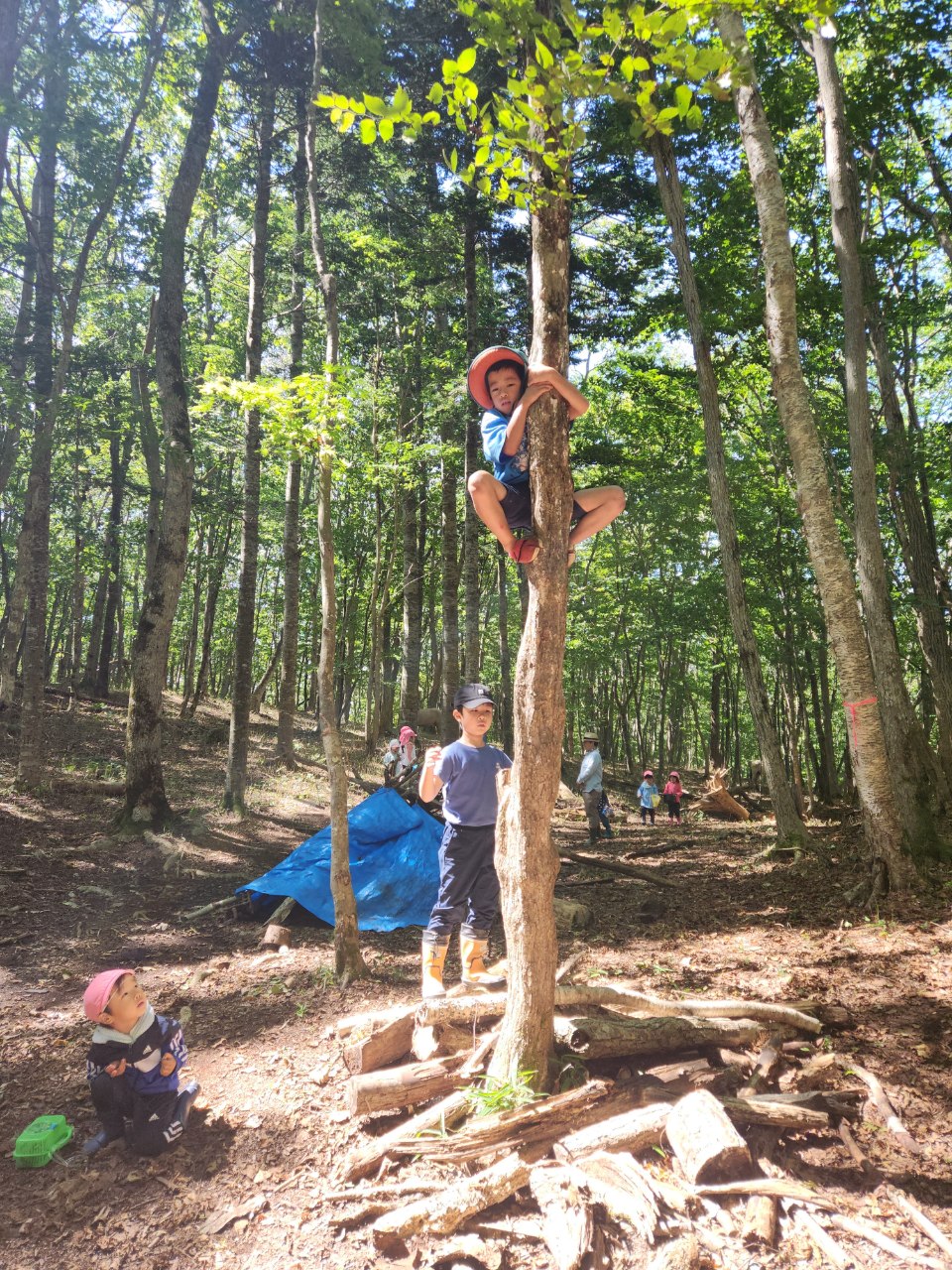
The headquarters of Friend Megumi Academy, a non-profit educational organization, is located in Urakawa Town, Hokkaido, a small community with a population of about 11,000. Even within Japan, a country grappling with advanced challenges, this rural town is emblematic of regions facing severe depopulation. At Friend Megumi Academy, we strongly believe in the transformative power of education to address societal issues. Operating in a "region of advanced challenges," we are confident in our ability to leverage education to tackle these problems head-on. Moreover, our efforts here have the potential to serve as a model applicable not only locally but globally.
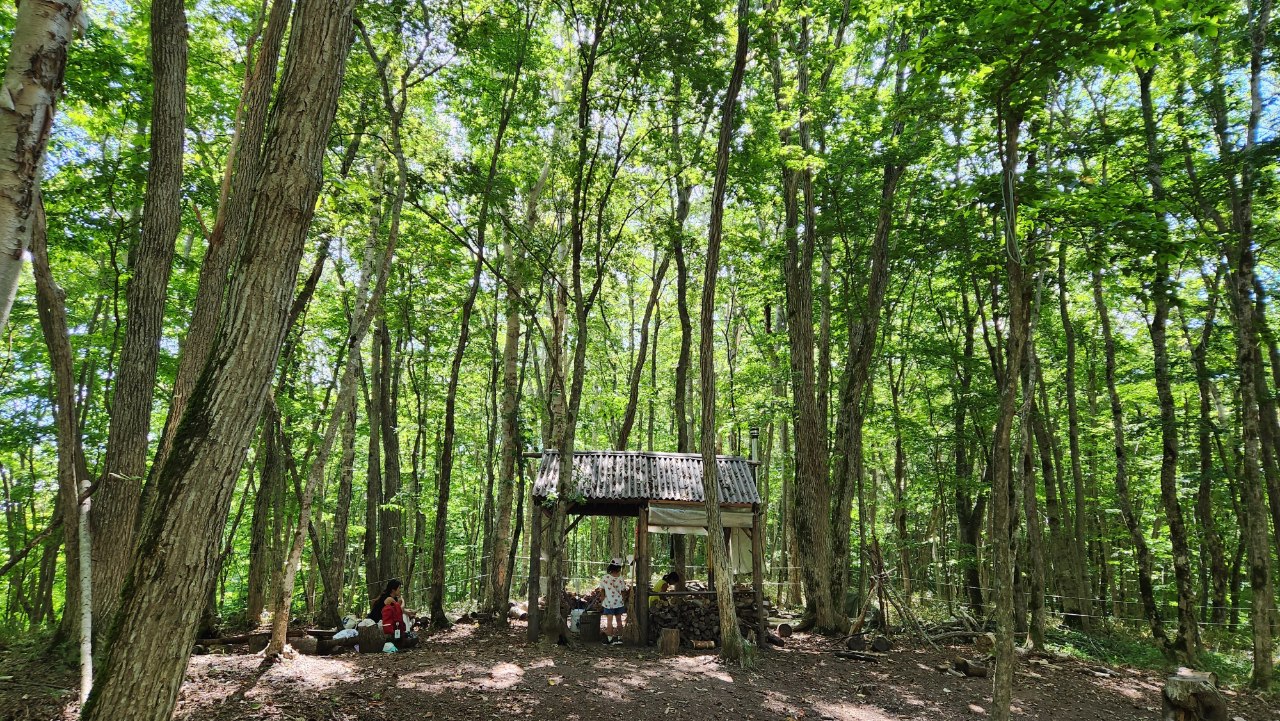
A New Model for Solving Social Issues.
As a non-profit organization committed to solving social challenges, Friend Megumi Academy aims to create and propose a new model to contribute to the world. This model is built on the institution's philosophy of “education with love for nature and people”, and it is composed of three core elements:
- Nature
- Learning
- Management
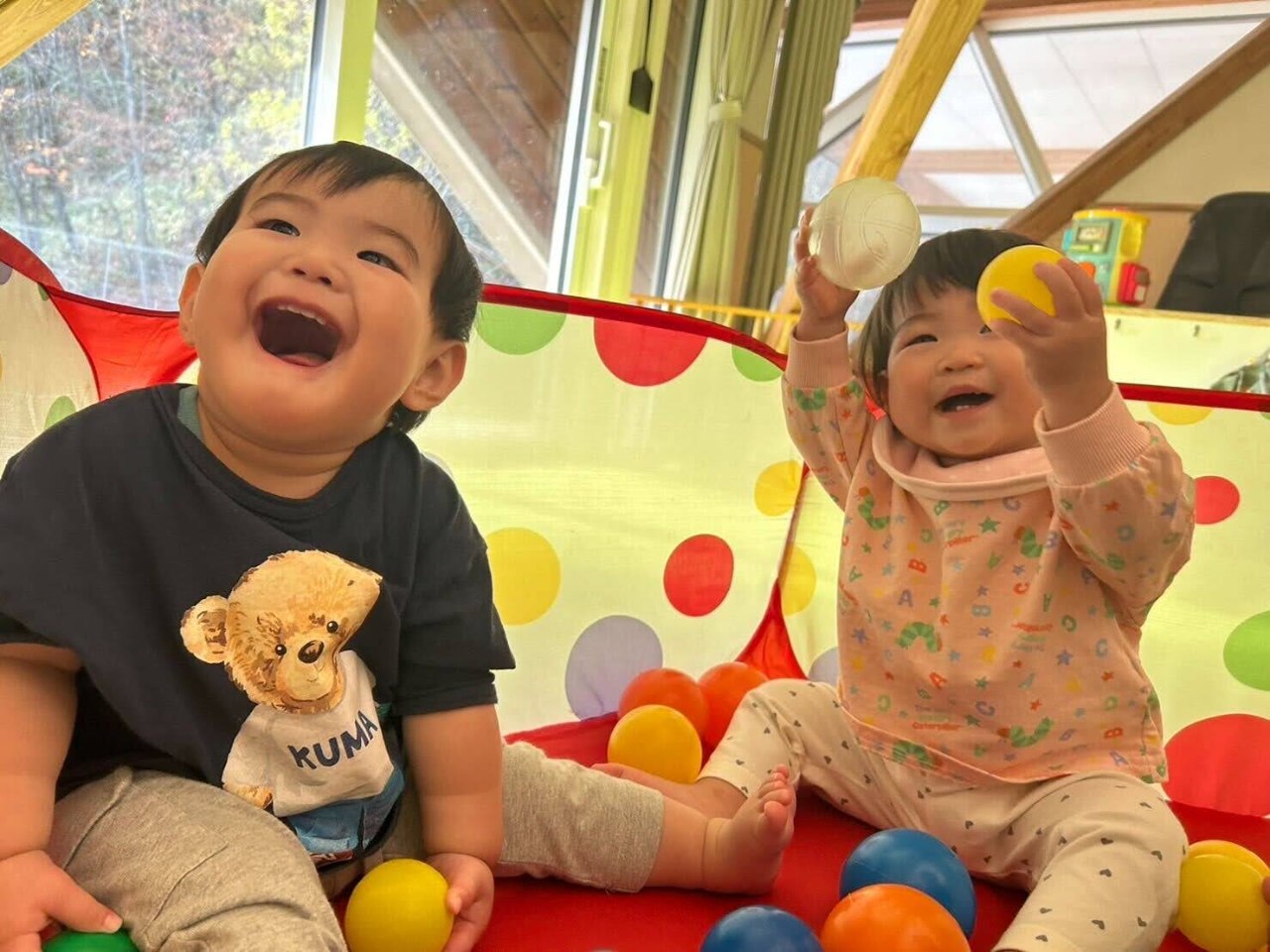
Nature
The term "Nature Deficit Disorder" highlights the adverse impact of detachment from nature on human well-being. Extensive research confirms that interaction with nature significantly influences children's mental and physical development. We want children to play freely and learn in nature, which serves as their greatest mentor.
Urban population concentration is a global phenomenon, yet there is also a rising trend of “returning to nature,” with more people moving from urban areas to nature-rich rural regions. Programs like short-term enrollment in our Forest Kindergarten and Forest School, lasting 1–3 weeks, are increasingly popular among urban families, both domestic and international. This year, over 50 families, undeterred by the limited transportation options, visited Urakawa Town to participate to our schools. Parents recognize the value of allowing their children to experience unstructured play in a nature-rich environment.
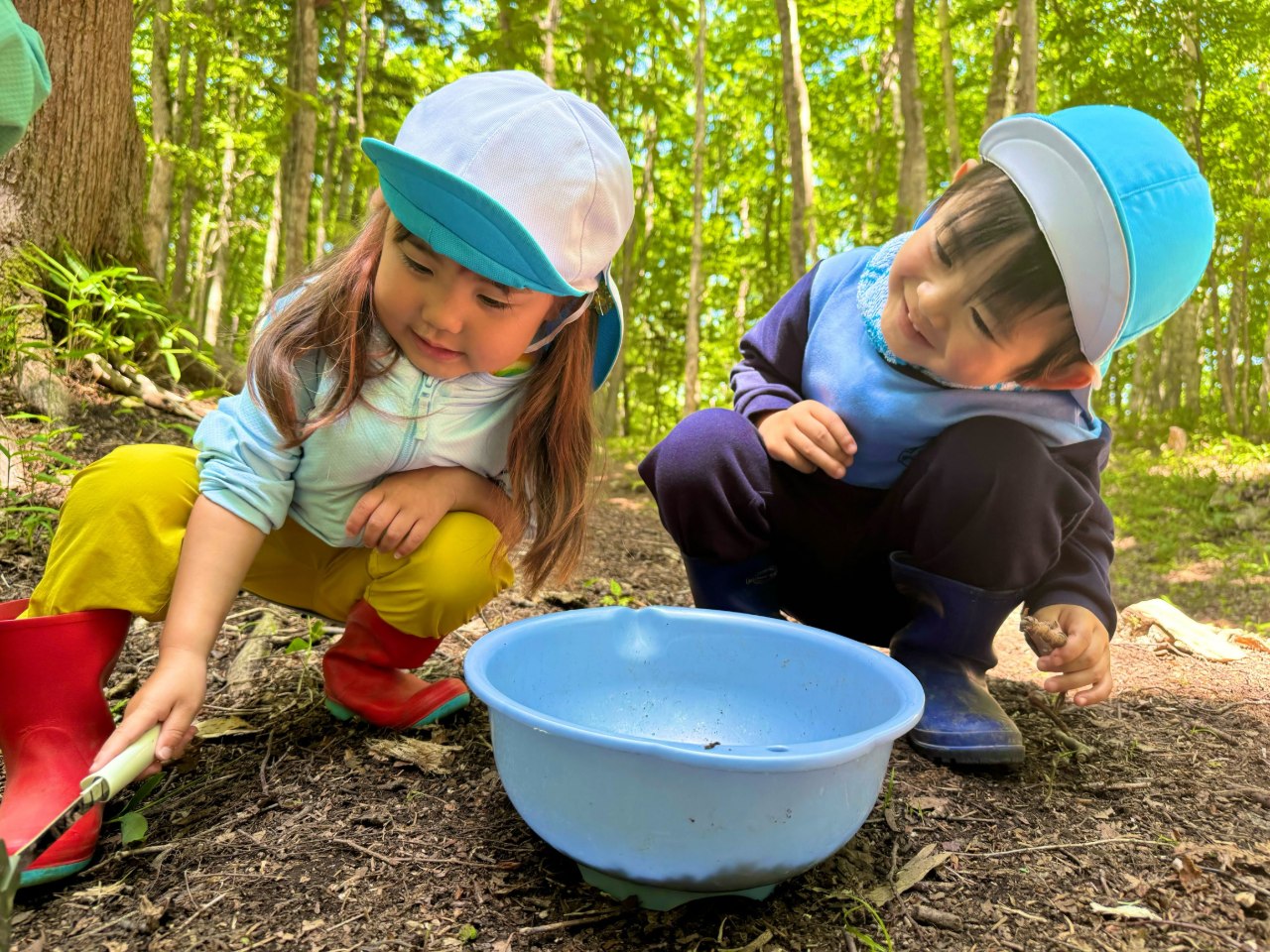
Hosting these visiting families contributes to regional revitalization in two ways. First, their extended stays support the local economy. Second, unlike tourists, these families often form connections with local residents and develop a sense of belonging to Urakawa Town, akin to having a second "hometown." This creates a growing "relationship population," with some families even considering dual residency or relocation to the area.
In Japan, many forests are abandoned and underutilized. However, the forests managed by our Forest Kindergarten and Forest School have undergone a remarkable transformation. As children regularly play in these forests, local residents have also started to take an interest in them. Those who experience the wonders of these forests often become active participants in our conservation efforts.
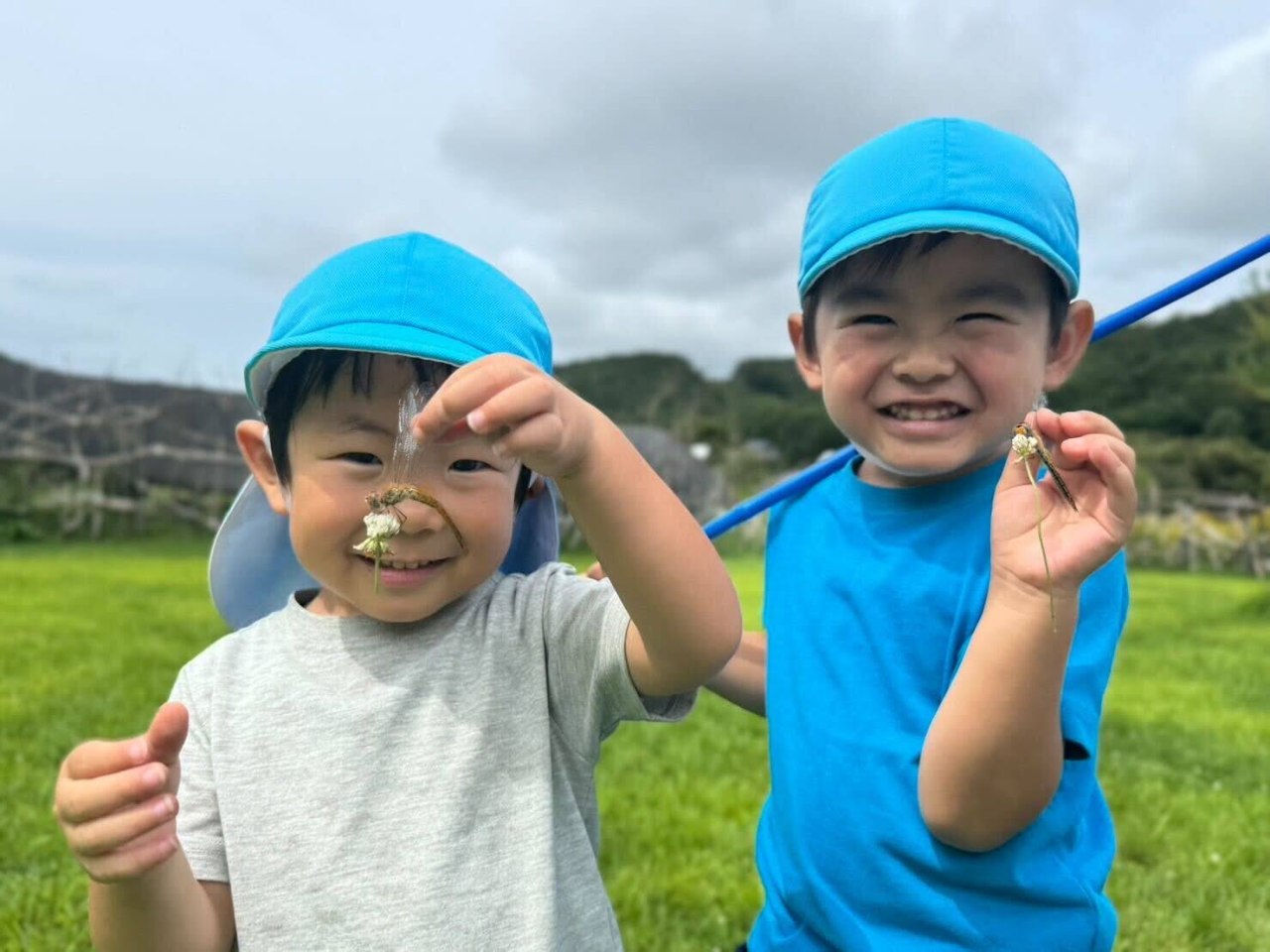
Children have a unique ability to draw adults into their endeavors. Their presence encourages adults to venture into the forest and work alongside them to enrich its biodiversity. A healthy forest is vital for all living creatures on Earth. Through children’s play and learning activities, we are directly contributing to nature conservation.

Learning
We prioritize not “what children learn” but rather “whether children are happy”. Ensuring children’s well-being is our utmost priority. We believe that when children are happy and thriving (experiencing well-being), we can confidently start meaningful conversations about their learning.
What, then, is the purpose of learning? At our academy, we believe learning should aim to achieve both personal happiness and the happiness of others. It should not be driven by competition, comparison, or evaluation. Instead, it should foster mutual support, understanding, and intellectual curiosity.
Every child is born with an innate ability and desire to learn. Our approach respects each child’s autonomy and emphasizes “teacherless learning.” In this model, adults serve not as instructors but as supporters, forming horizontal relationships with children rather than hierarchical ones.
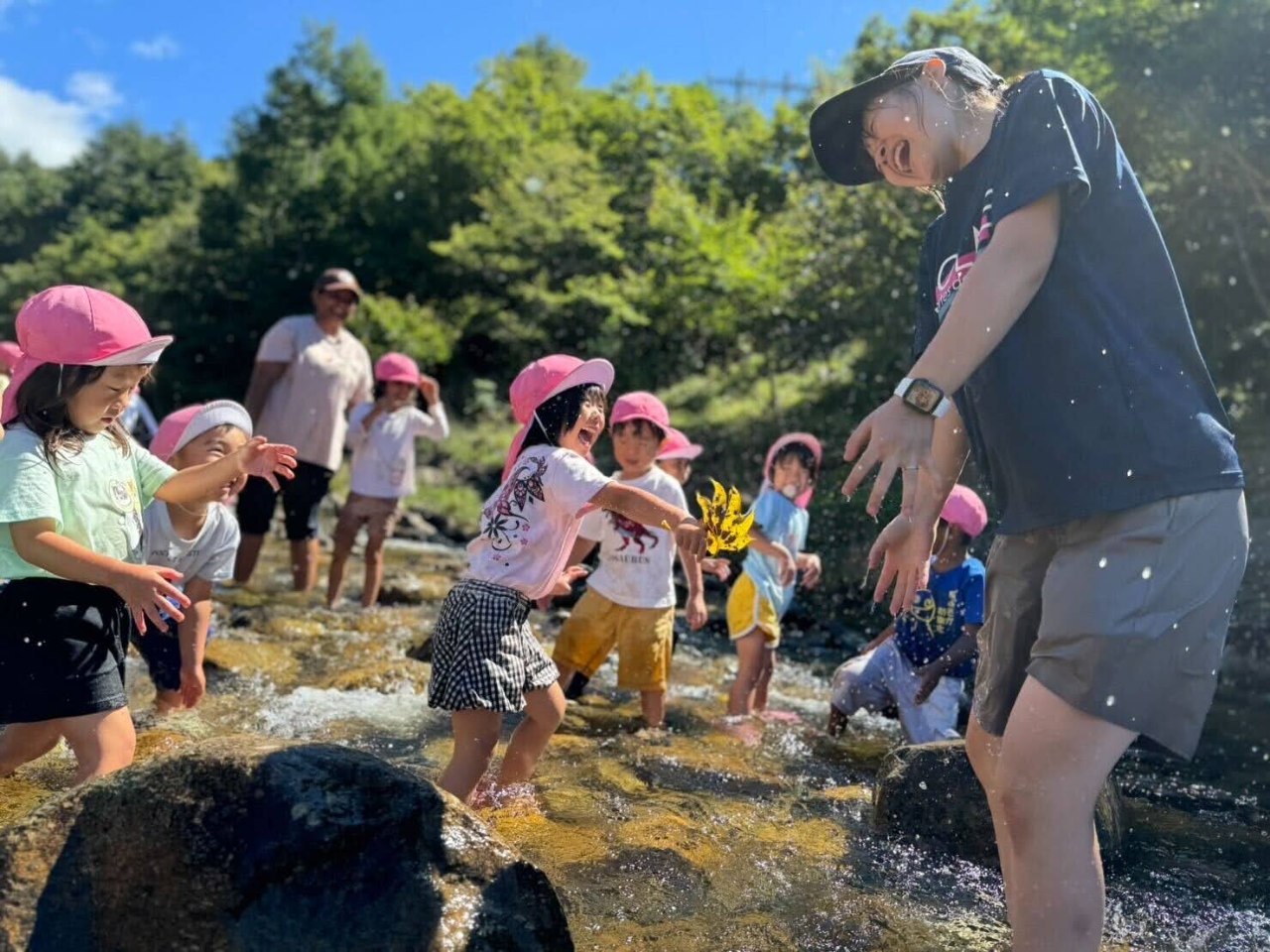
In 2024, Friend Forest School began a collaborative research project with the University of Tokyo. Together, we are exploring “new education for a new era.” As part of this initiative, children are engaging with an innovative learning process called Open Learning Units, developed by the University of Tokyo’s Dr. Morishita. These units harness local resources and environments to create artistic and physical learning experiences. Our ultimate goal is to make these resources freely and universally accessible to children worldwide.
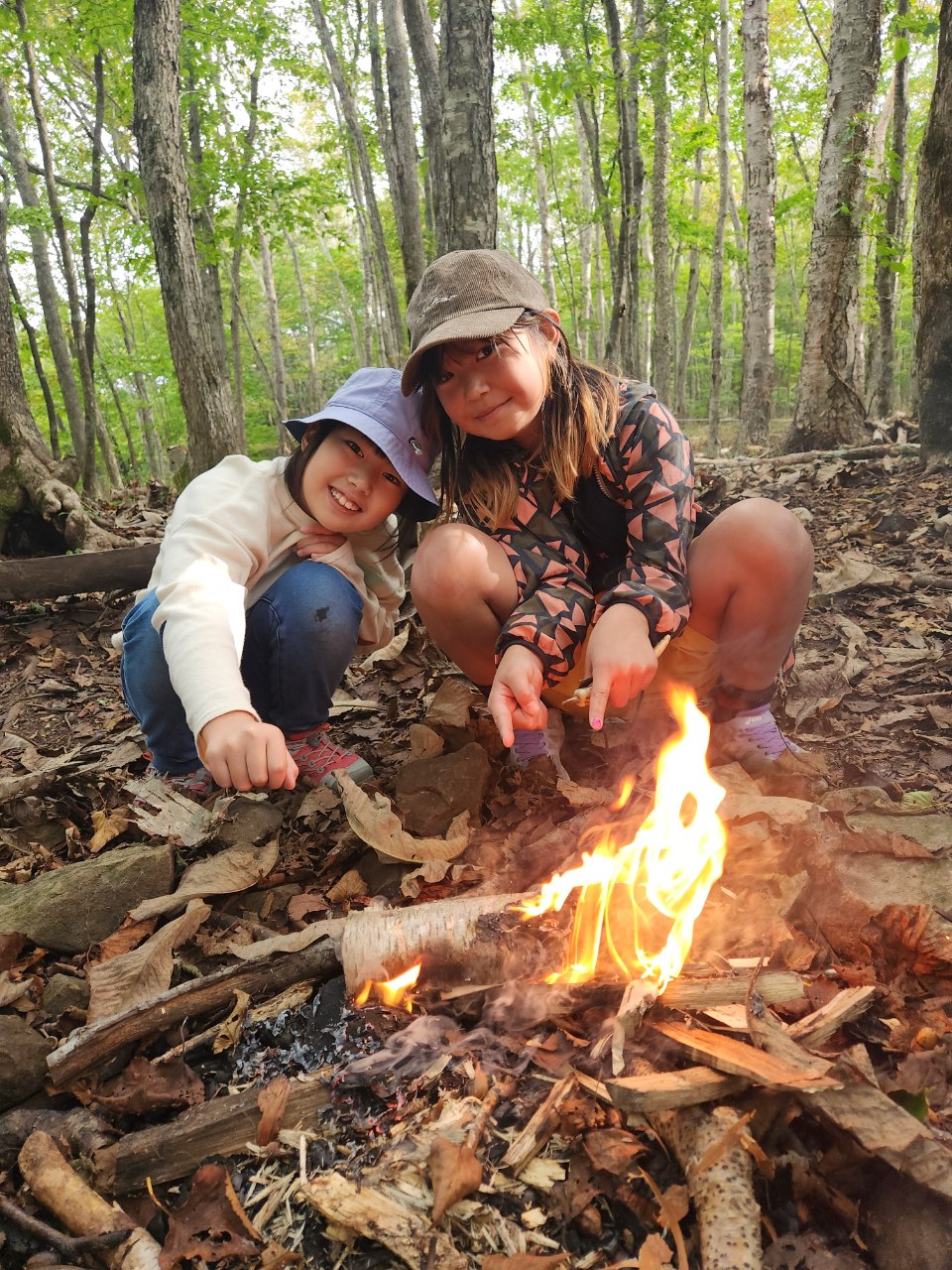
Management
We aim to establish a sustainable management system grounded in “empathy”. Even prestigious universities worldwide have faced financial difficulties, leading to closures. Similarly, the number of educational institutions in Japan facing closure is expected to rise, driven by societal changes such as declining birthrates. To provide high-quality education regardless of these challenges, a robust financial foundation is essential.
Most operational costs for Urakawa Friend Forest Kindergarten and Children’s Forest Urakoko are funded through government subsidies, though these funds are often insufficient. Additionally, Friend Forest School receives no subsidies and relies entirely on private funding.
Education, by its nature, should not prioritize profit. However, providing high-quality education inevitably incurs significant costs. In both Japan and abroad, there is a troubling trend where access to quality education depends on paying high tuition fees, perpetuating educational inequality.
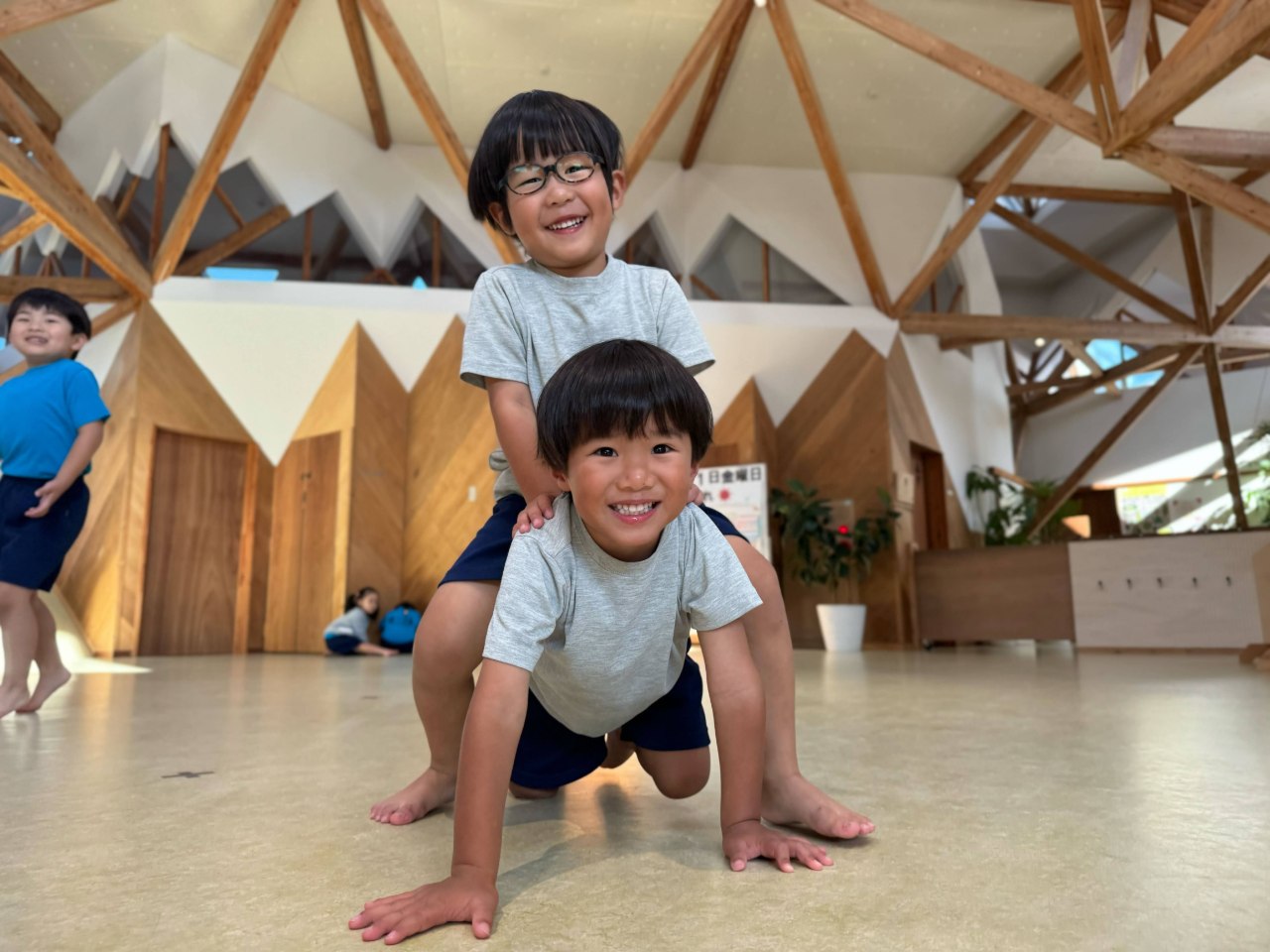
Our goal is to offer quality, accessible education to all children who seek it, regardless of their family’s income. To achieve this, we must move beyond dependence on subsidies and build a financial foundation resilient to societal changes. This requires broadening our network of supporters who share our vision. With the collective strength of our donors and supporters, we can sustain our activities, create significant societal impact, and move closer to realizing a world where all children can enjoy a happy childhood.
Together We Create.
Your empathy and support can amplify our efforts and provide hope for future generations. Join us in weaving this story of change, starting from a small town with a big dream.
To make a donation, please click the link below!
https://congrant.com/project/friendmegumi/13925/form/step1?lang=en
